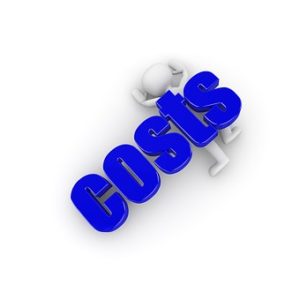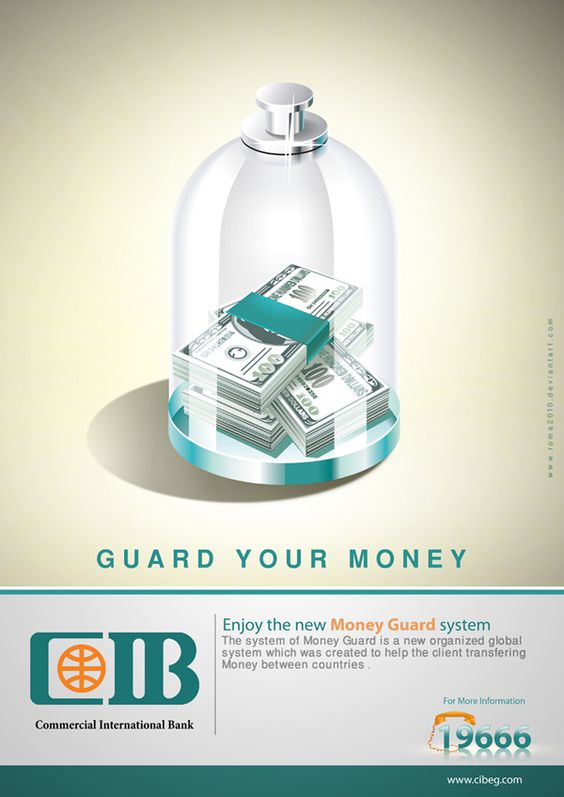How to Handle Money After Landing Your First Job

Congratulations on landing your first job; you’re probably feeling a mix of excitement and anxiety. But now that you have some income to work with, it’s essential to understand how to manage your money. On the other hand, people who are just looking for a full-time job are considering side hustle jobs in cybersecurity. This is because of the good pay and wide options. If you get organized and take steps toward saving, you will set yourself up for greater financial success. Here, we’ll look at how to handle money after landing your first job.
Create a Budget That Works for You and Your Lifestyle
 When creating a budget that works for your lifestyle, remember a few key principles. First, it’s essential to be realistic about your income and expenses. This means looking closely at your finances and being honest about where you spend your money. From there, you can begin to identify areas where you can cut back and save. Additionally, setting goals for yourself and tracking your progress along the way is essential. This will help you stay motivated and committed to your financial plan. Remember, creating a budget requires discipline and effort, but it’s well worth it in the long run.
When creating a budget that works for your lifestyle, remember a few key principles. First, it’s essential to be realistic about your income and expenses. This means looking closely at your finances and being honest about where you spend your money. From there, you can begin to identify areas where you can cut back and save. Additionally, setting goals for yourself and tracking your progress along the way is essential. This will help you stay motivated and committed to your financial plan. Remember, creating a budget requires discipline and effort, but it’s well worth it in the long run.
Save up an Emergency Fund for Unexpected Expenses
An emergency fund is a fundamental aspect of good financial planning. It helps you stay prepared for unexpected expenses, such as medical bills, home or car repairs, or sudden job loss. Building an emergency fund requires discipline and commitment but is worth the effort. One common rule of thumb is setting aside three to six months of living expenses. This may seem daunting, but it can be achieved by setting achievable weekly or monthly savings goals. With an emergency fund, you can face whatever life throws at you with greater peace of mind and financial security.

Prioritize Saving for Retirement
It’s never too early to start thinking about retirement. Whether you’re just starting in the workforce or already a few years in, it’s important to prioritize retirement savings. By contributing a portion of your income towards your retirement savings each month and taking advantage of employer-sponsored plans, such as 401(k)s or IRAs, you can start to build a nest egg that will last through your retirement years. It’s also wise to speak with a professional financial advisor who can help you create a plan and find the right retirement savings vehicles for your needs. Many employers offer 401(k) matches, so take advantage of this benefit and maximize your retirement fund.
Pay Off Debts as Soon as Possible
 Debt can be a major obstacle on the path to financial freedom. So, if you have any outstanding debt, it’s important to make paying it off a priority. Start by creating an effective budget that allows you to allocate a portion of your income toward paying off debt. Additionally, focus on one debt at a time and pay more than the minimum monthly payments. This will help you get out of debt faster and save money on interest in the long run. Many people have found that setting up automatic payments is a great way to stay on track with debt repayment.
Debt can be a major obstacle on the path to financial freedom. So, if you have any outstanding debt, it’s important to make paying it off a priority. Start by creating an effective budget that allows you to allocate a portion of your income toward paying off debt. Additionally, focus on one debt at a time and pay more than the minimum monthly payments. This will help you get out of debt faster and save money on interest in the long run. Many people have found that setting up automatic payments is a great way to stay on track with debt repayment.
Overall, managing your finances is an ongoing process that requires patience, discipline, and a plan. With the right approach and mindset, you can avoid costly mistakes and take control of your money. Do you have any financial tips for people starting in the workforce? Share your thoughts below. We hope that you have found this blog post helpful.…



 But what if you can’t qualify for any of the above solutions? That’s where financial assistance programs come in. These are programs offered by governments and other organizations that provide grants and low-interest loans to individuals who are struggling financially. While these programs may have strict eligibility requirements, they can be a great way to get money quickly and pay off debts without having to resort to payday loans.
But what if you can’t qualify for any of the above solutions? That’s where financial assistance programs come in. These are programs offered by governments and other organizations that provide grants and low-interest loans to individuals who are struggling financially. While these programs may have strict eligibility requirements, they can be a great way to get money quickly and pay off debts without having to resort to payday loans.

 Another great incentive to save money is to earn interest from it. A majority of the banking institutions offer some interest on the amount placed in savings accounts, provided the money remains in the account over a specified period. This means that you can increase the amount of money you have by simply placing it in a savings account. The amount of interest you earn will primarily depend on the financial institution that you bank with, meaning that you will have to select the institution carefully.
Another great incentive to save money is to earn interest from it. A majority of the banking institutions offer some interest on the amount placed in savings accounts, provided the money remains in the account over a specified period. This means that you can increase the amount of money you have by simply placing it in a savings account. The amount of interest you earn will primarily depend on the financial institution that you bank with, meaning that you will have to select the institution carefully.

 Often a combination of fees, commissions, and some other costs can turn a good investment into a mediocre one. Some planners charge a standard fee that is based on time or asset value, while others collect commission based on the product purchased on the assortment. Choosing a planner who is remitted on commissions is best as it eliminates some of the costs of advice. The mode of payment to the planner should be clearly stated and agreed upon before engaging in transactions. A good planner is not reluctant to discuss compensation.
Often a combination of fees, commissions, and some other costs can turn a good investment into a mediocre one. Some planners charge a standard fee that is based on time or asset value, while others collect commission based on the product purchased on the assortment. Choosing a planner who is remitted on commissions is best as it eliminates some of the costs of advice. The mode of payment to the planner should be clearly stated and agreed upon before engaging in transactions. A good planner is not reluctant to discuss compensation.